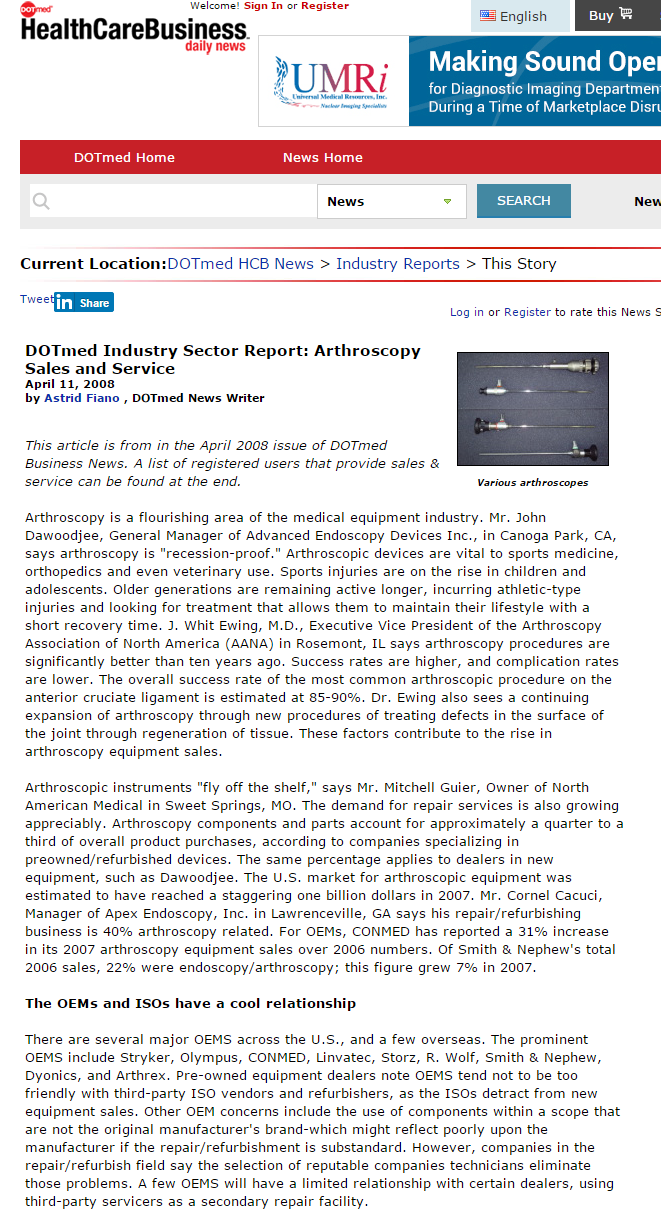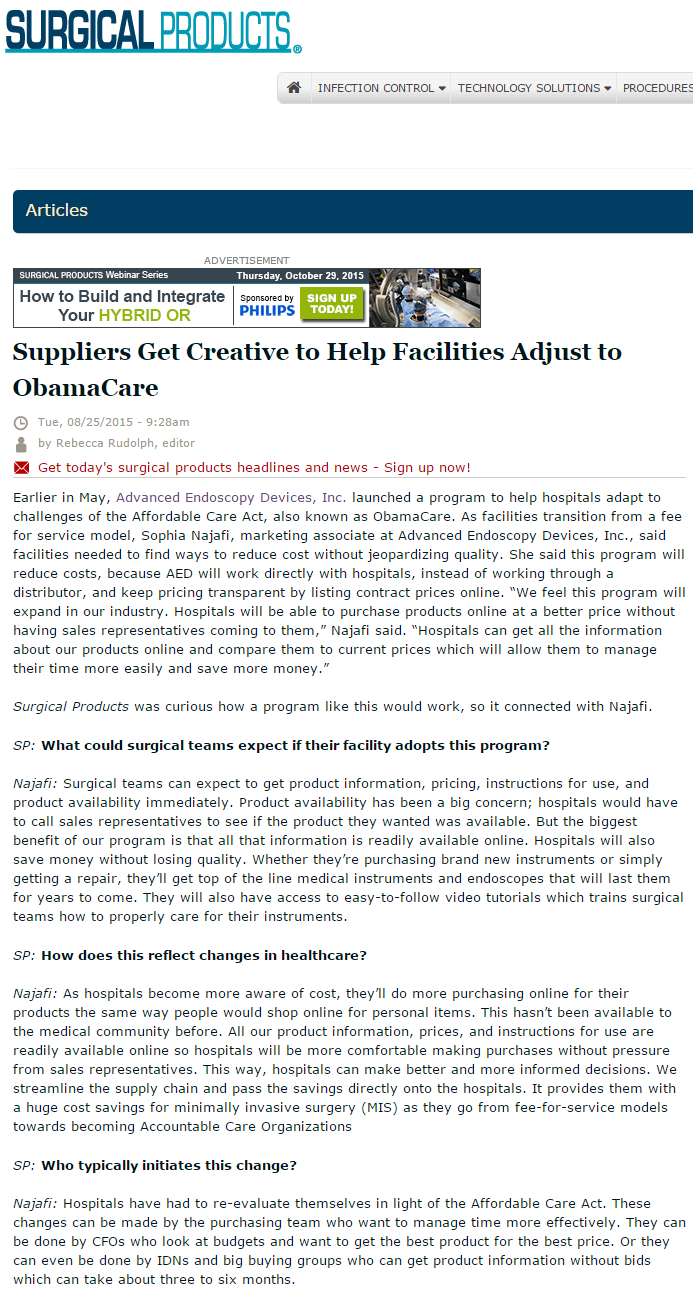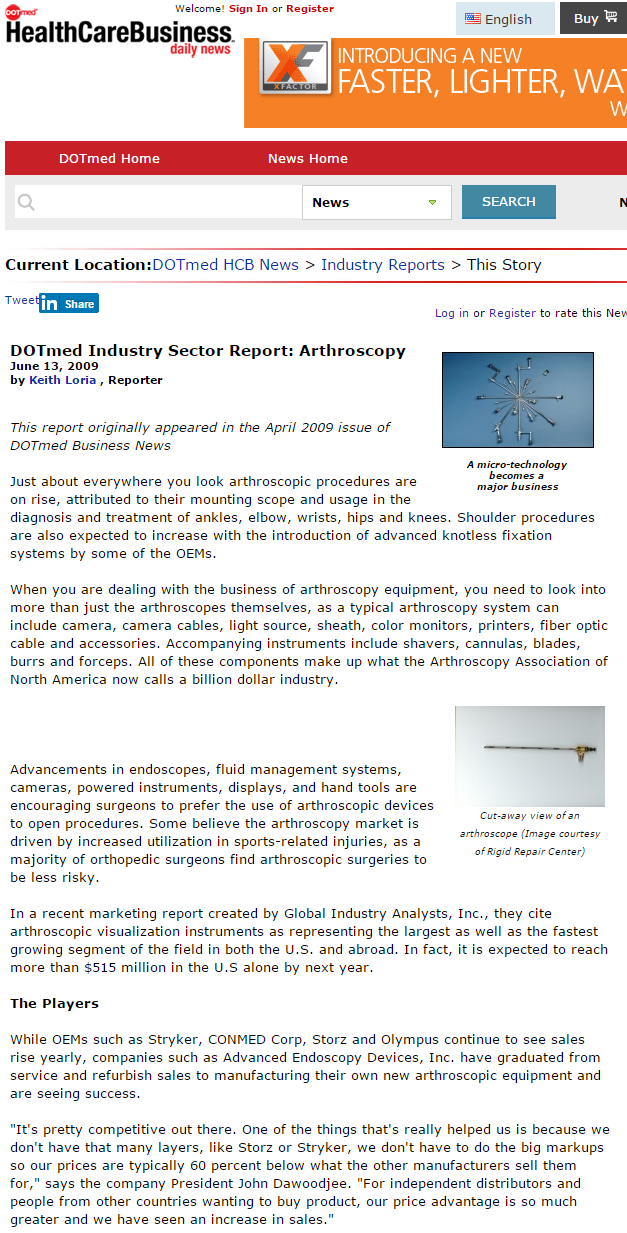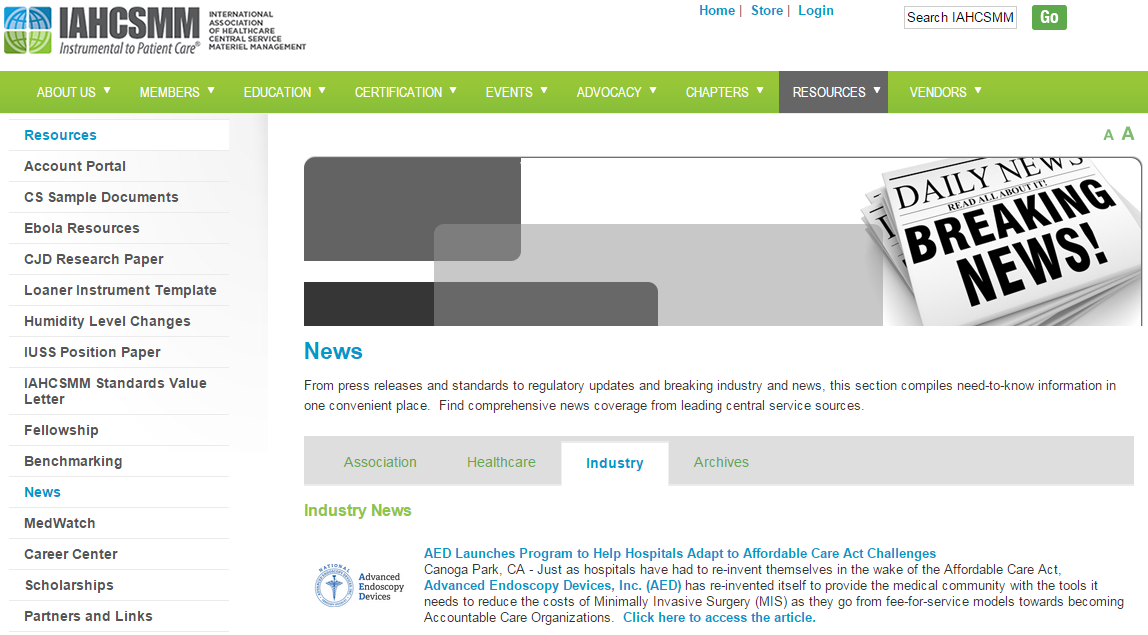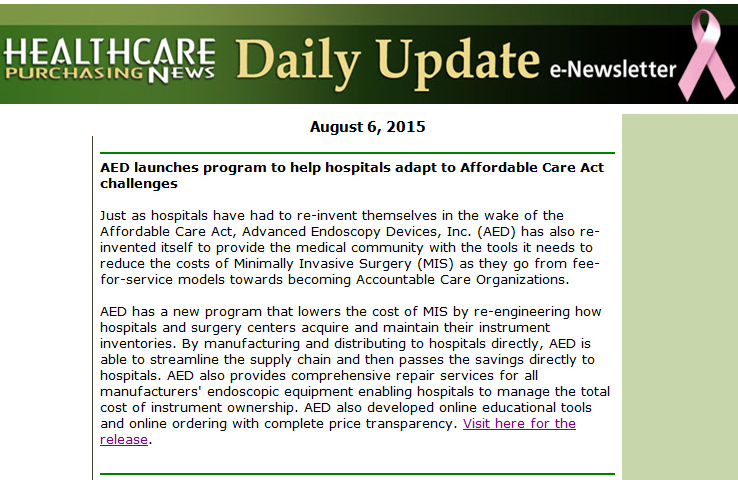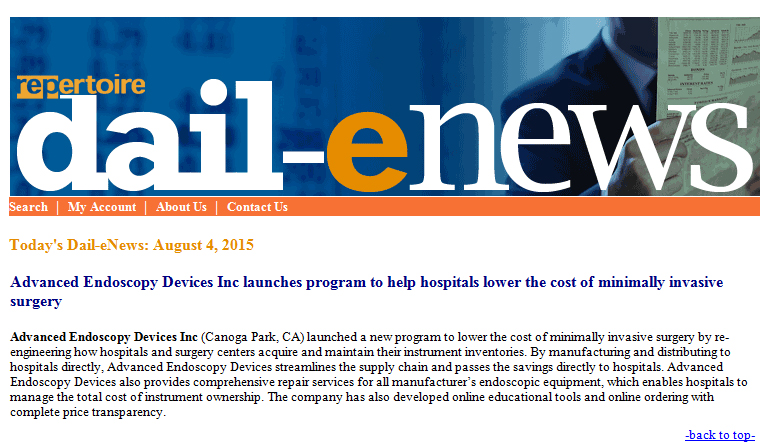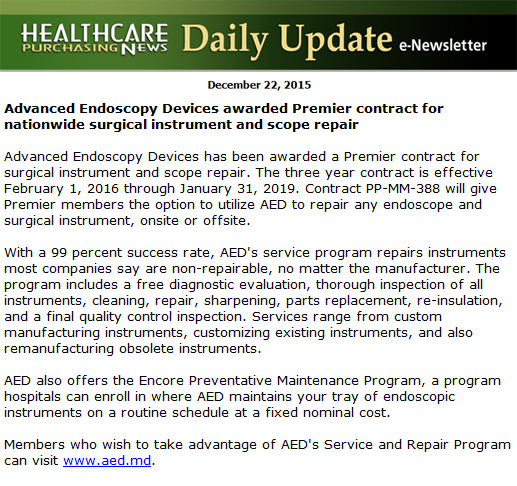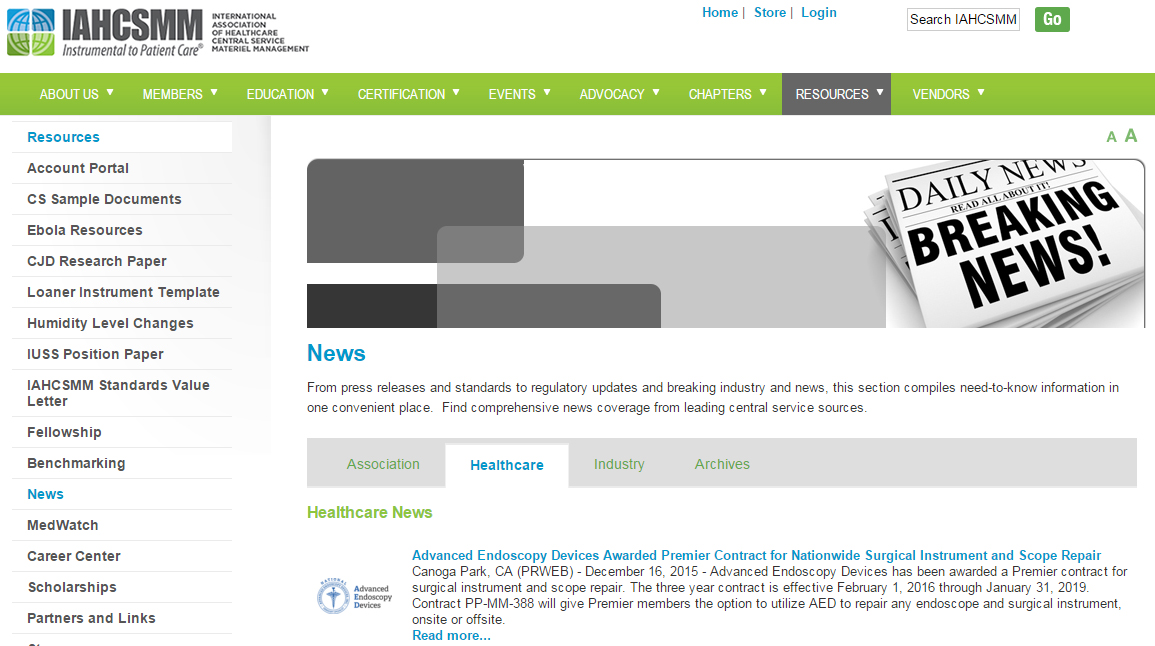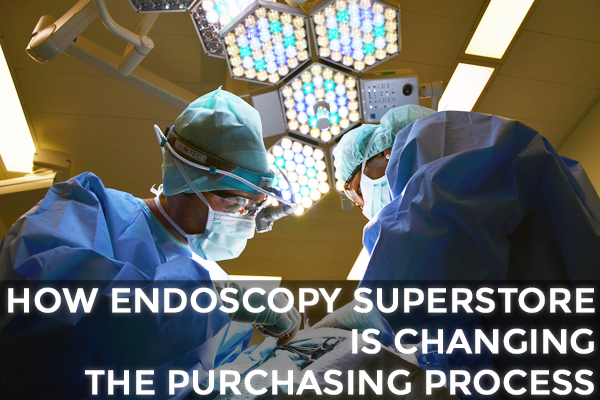
“I’ll have a side of fries and a strawberry shake with that sacred cow burger.”
The Merriam-Webster Dictionary defines sacred cow as: someone or something that has been accepted or respected for a long time and that people are afraid or unwilling to criticize or question. Just do a Google search on “Sacred Cows in Nursing” and see how many results pop up.
Perhaps no industry adheres to more deeply rooted traditions than the healthcare industry.
It goes all the way back to the days of Florence Nightingale in the 19th century. For centuries, doctors and nurses have been doing things based on the “art of caring” for patients which has become a collection of traditions and commonly held beliefs; the origin of which has been lost over time and has been blindly passed down from generation to generation.
“We do this this way, because that’s how it’s always been done.”
How many times have you heard this in a hospital? Even in today’s evidence-based practice driven healthcare system, herds of sacred cows still roam through many departments of the hospital. Including purchasing departments.
Research findings are a collection of facts. They become evidence when the findings are relevant and useful in particular clinical circumstances.
The Shift to Evidence-based Practices
Using research to guide clinical decision-making is a shift in culture from basing decisions on opinion, past experiences, and precedents to basing decisions on science, research, and evidence.
As evidence-based practices drive decisions in today’s hospital systems, hospital supply chain management seems to cling to sacred cows and is blinded to trends and evidence based practices that have transformed supply chain management in every other industry.
Online Shopping in Healthcare
If you ask hospital buyers if they have ever purchased anything from Amazon or any other online retailer most would admit that they had.
According to Walker Sands Communications, 95% of consumers have purchased something from Amazon.com in the past year.
We purchase things online because not only can we get the best price, we can thoroughly research it and get instant customer service.
Vendors have online stores because they have less overhead to maintain so they can pass the savings to the consumer. Sounds like an ideal way to reduce the costs of many clinical preference items.
Why is it that they can purchase online personally and not carry over the practice professionally? Probably because “We do this this way, because this is how it’s always been done” or “We adhere to all GPO contracts. Even if we can save money by purchasing the exact same item at a better price, we can’t do go off contract to do so”.
This is not only illogical but is another sacred cow that should be grilled medium rare.
The B2B Boom
Business-to-businesses (B2B) e-commerce has exploded exponentially since 2014.
Forrester Research Inc. forecasts that B2B e-commerce sales in the United States will reach $780 billion this year – more than twice the most recent figure of $304.91 billion in U.S. retail e-commerce sales released by the U.S. Department of Commerce for 2014. It’s on course to grow at a compound annual growth rate of 7.7% until it reaches $1.13 trillion in 2020.
Surveys of procurement professionals confirm that B2B purchasing behavior is changing to become more and more like that of B2C purchasing. In fact, 49% of major B2B buyers surveyed by Accenture prefer to use B2C websites to make their purchases and 52% plan to execute more than half their purchases on e-commerce pure-player platforms in the next three years.
This sounds like pretty good evidence that online procurement is where modern business is going, with plenty of additional research to back up these findings.
What percentages of hospitals are presently purchasing clinical preference items online? If we are committed to using evidence-based findings to change clinical practices, shouldn’t we do the same with supply chain based practices? Forward thinking administrators will move toward integrating evidence based practices across the entire enterprise. With today’s emphasis on delivering quality healthcare at lower prices, shouldn’t hospital supply chain managers be making decisions based on evidence?
Changing the Healthcare Game
John Dawoodjee, founder of Advanced Endoscopy Devices (AED), saw an opportunity to transform how endoscopic devices could be delivered to hospitals and surgery centers. As an OEM manufacturer of minimally invasive surgical instruments, he knew first-hand how hospitals were drastically overpaying for his devices.
His customers had to support their large organizations with cadres of sales people and as a result, had to charge high prices for all of their products. He believed that if he could provide hospitals with direct access from the manufacturer, they could significantly reduce their instrument procurement costs while maintaining the same quality. After all, they are buying the same instruments. Without a large sales and marketing organization to support, he could pass these cost savings directly to the hospital.
How Endoscopy Superstore is Changing the Purchasing Process
Thus, Endoscopy Superstore, AED’s online e-commerce platform where hospitals can purchase directly from the manufacturer, was born. With full price transparency, hospitals can instantly compare against their GPO contracted price and they can purchase directly without having to negotiate or contact a sales representative. The online portal also features video in-services that provide assembly instructions. Also, all cleaning and sterilization instructions are posted for easy reference.
Endoscopy Superstore was designed specifically to disrupt the archaic purchasing processes used by hospitals today and bring them in line with other industries who have moved to e-commerce platforms.
Sacred cows make the best burgers and why not make it a combination with other innovative practices borrowed from other industries to make it an extra value meal. After all, isn’t the extra value what we are looking for in healthcare delivery today?

